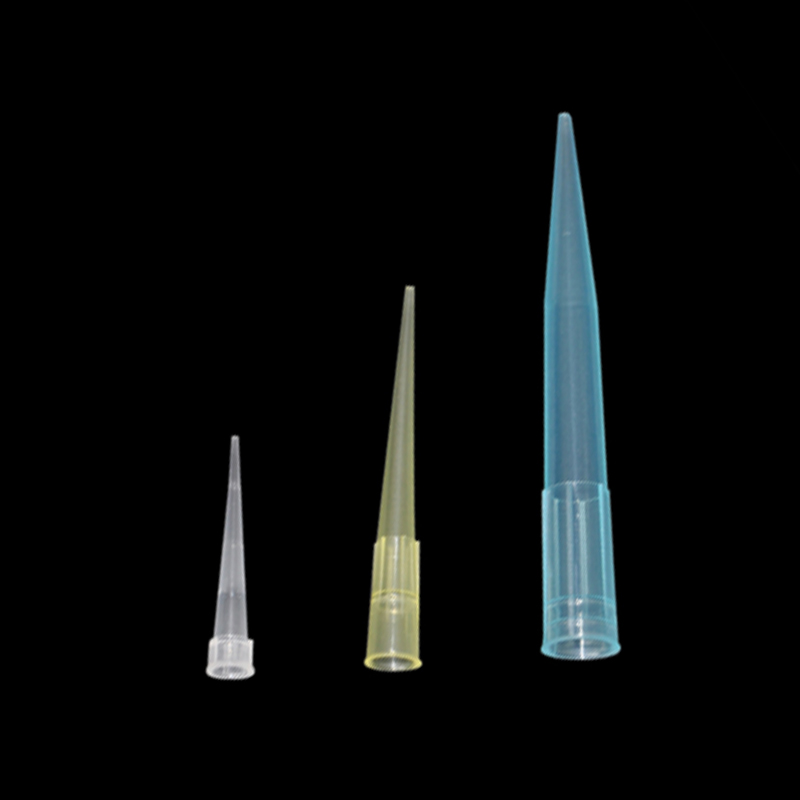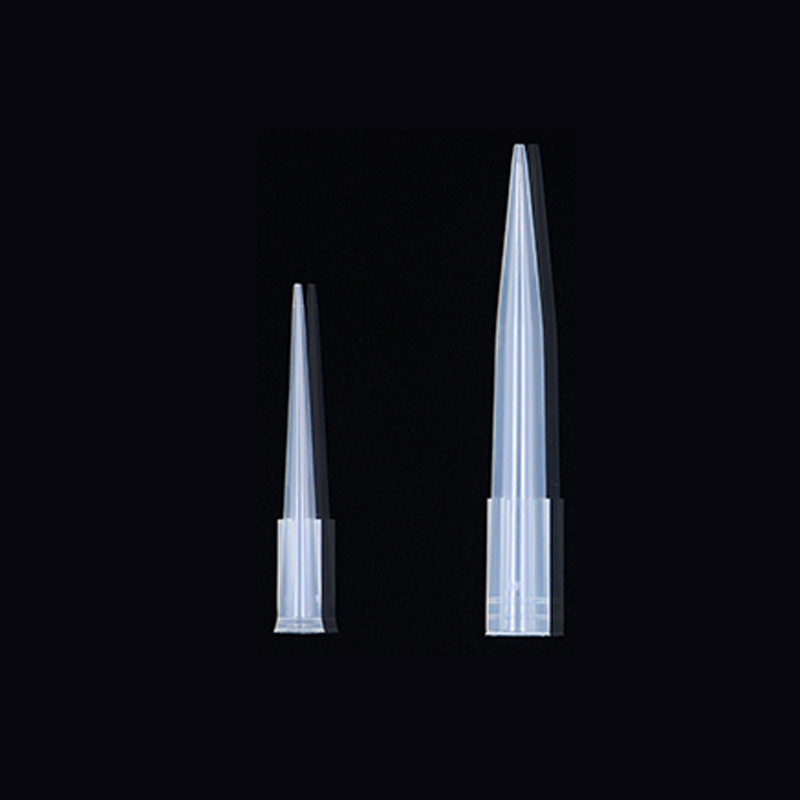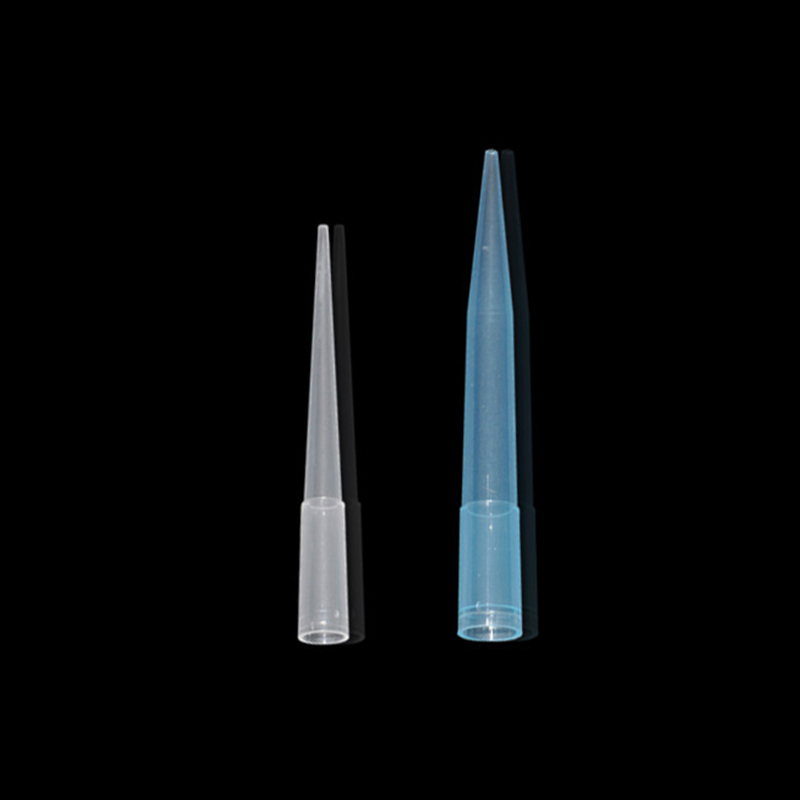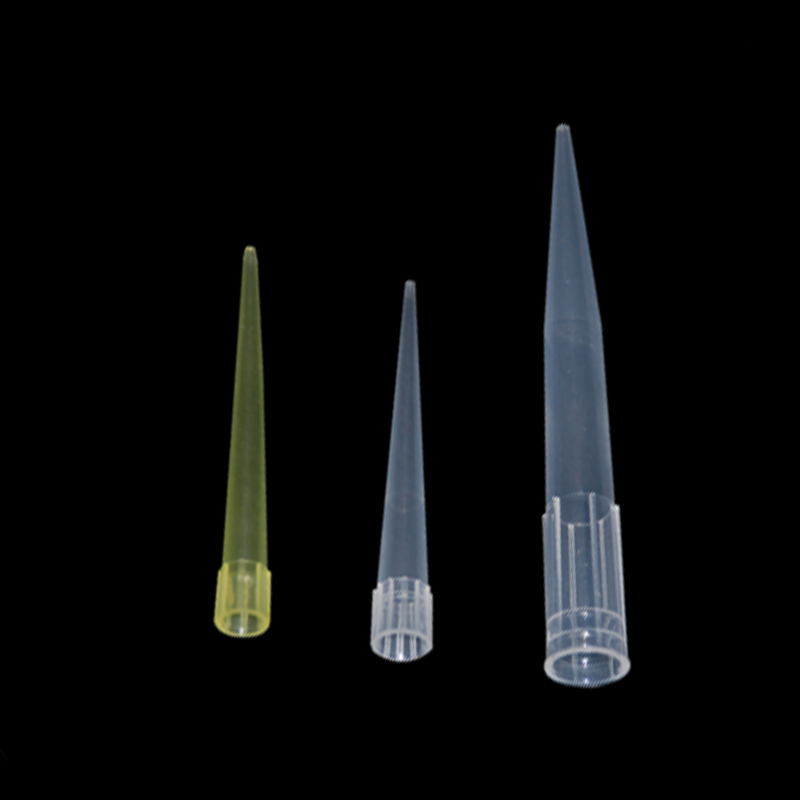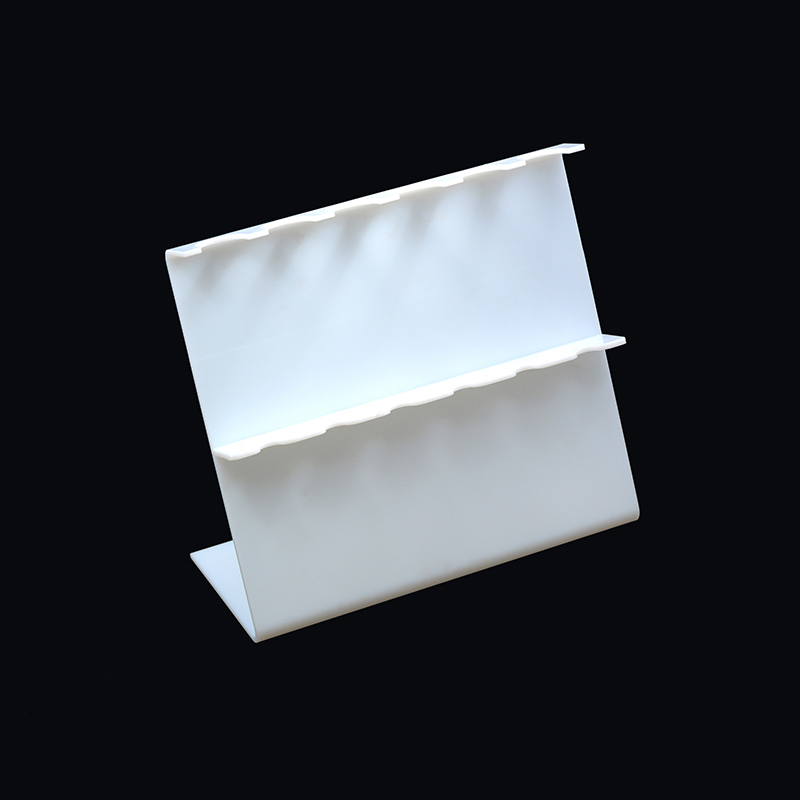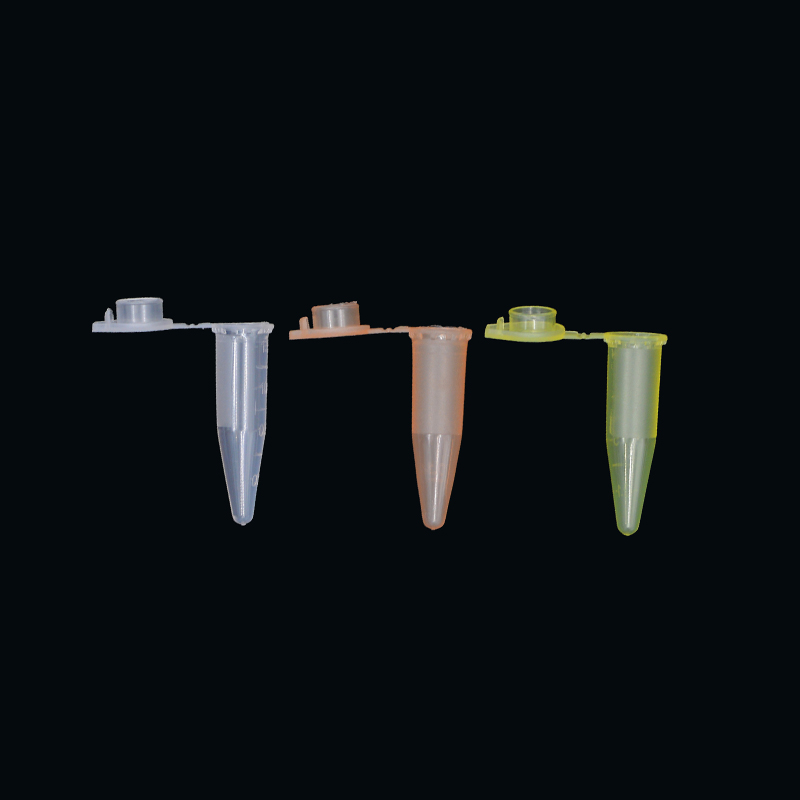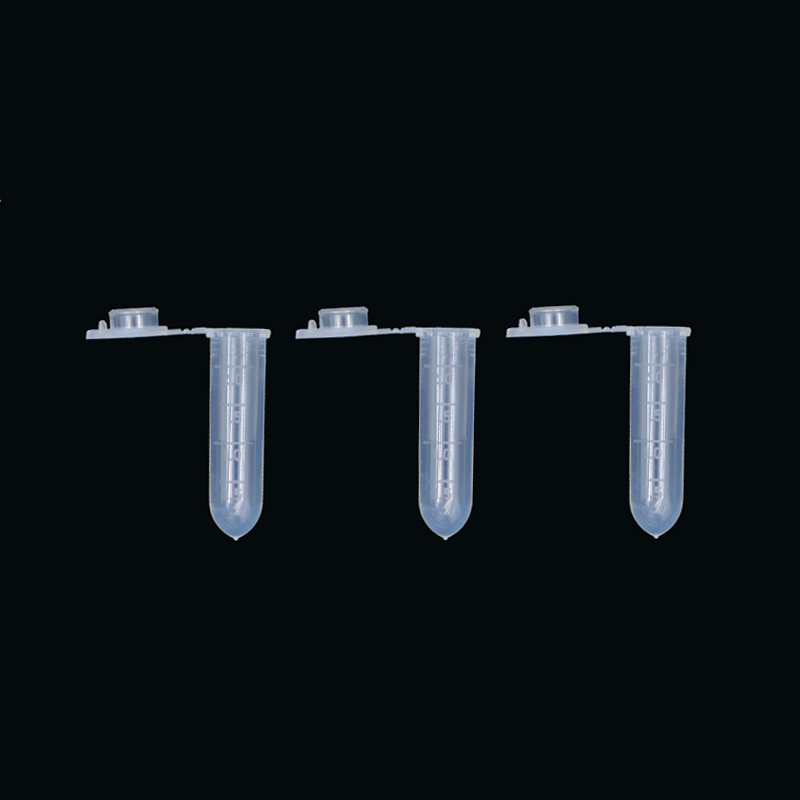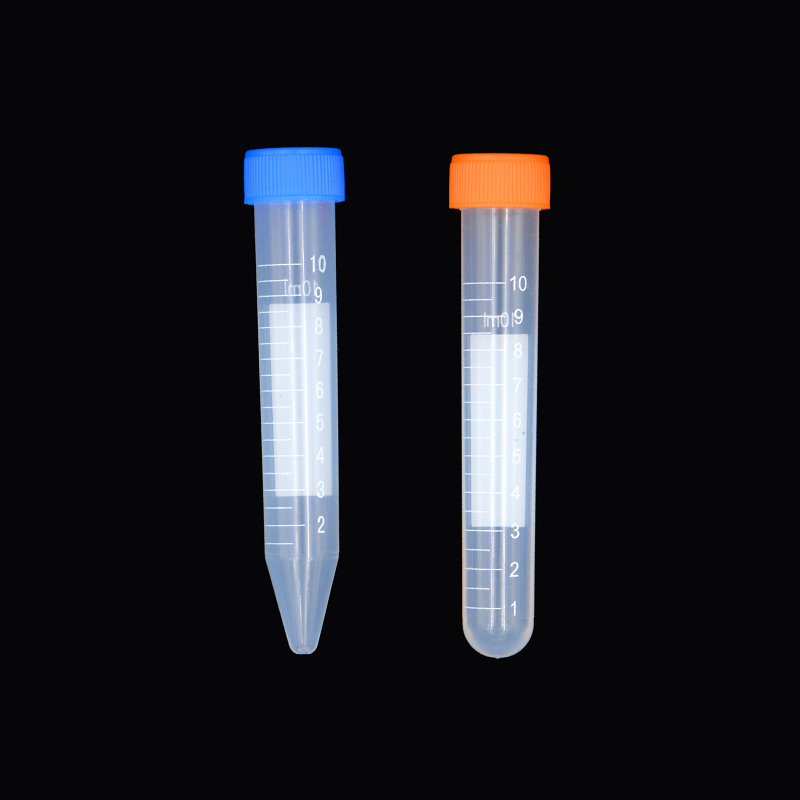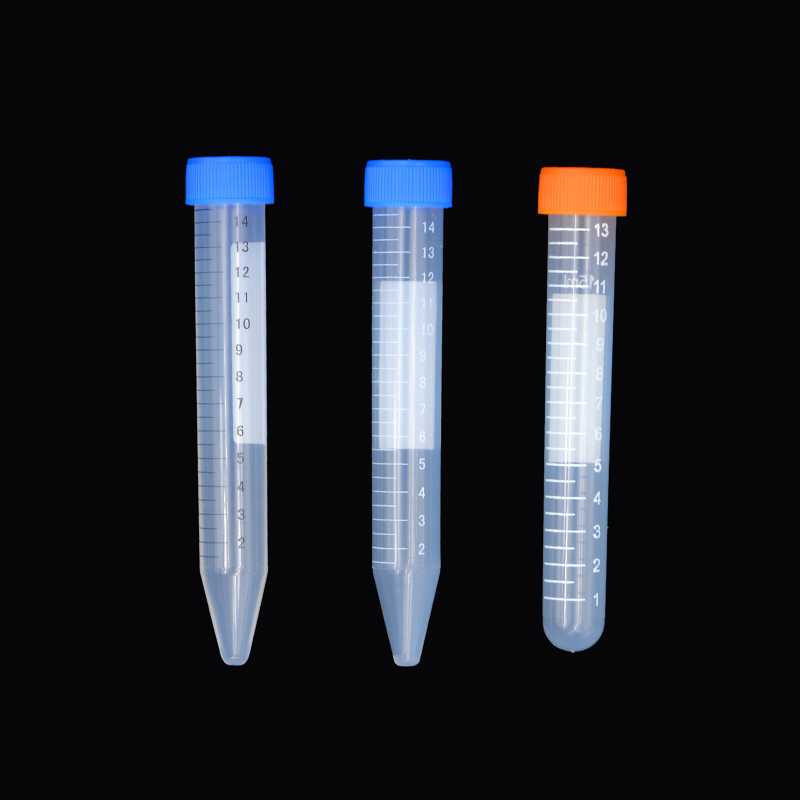+86-513-82335288
Glass test tubes have several advantages:
1. High temperature resistance: Glass test tubes can withstand high temperatures, making them suitable for experiments that require heating or high-temperature treatment. They can endure intense heat without melting or deforming.
2. Corrosion resistance: Glass test tubes have excellent resistance to most chemicals and solutions, making them suitable for various experiments and reactions. They can store and handle various acids, alkali, solvents, and chemical reagents.
3. Transparency and observability: Glass test tubes have good transparency, allowing experimenters to observe the color of substances, phase changes, precipitation, and other phenomena clearly. This is crucial for observing and analyzing experimental results.
4. Reusability: Compared to plastic test tubes, glass test tubes are more durable and can be reused multiple times. They can withstand repeated cleaning and high-temperature sterilization, reducing experimental costs and resource wastage.
5. Thermal conductivity: Glass is a relatively good conductor of heat and can quickly and evenly transfer heat. This is beneficial for experiments that require rapid heating or cooling, as it helps control experimental conditions and reaction rates.
6. Mechanical strength: Glass test tubes have higher mechanical strength and compressive resistance compared to plastic test tubes. They are less likely to deform or break during experiments and can withstand greater pressure and impact.
In conclusion, glass test tubes are widely used in scientific experiments, chemical analysis, and various laboratory work due to their advantages of high temperature resistance, corrosion resistance, transparency, reusability, thermal conductivity, and mechanical strength.




